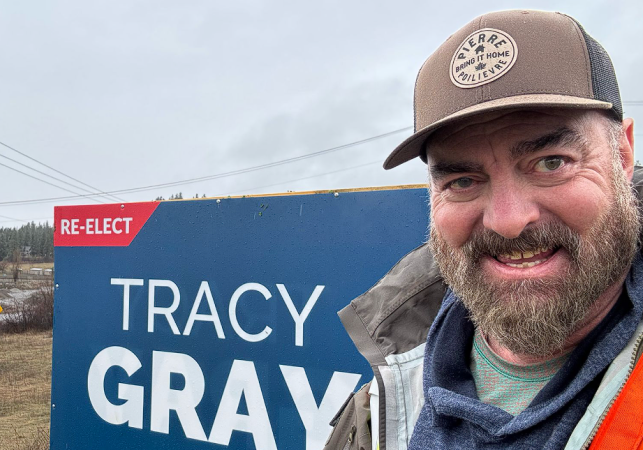
Equifax says delinquency rates climb higher in Alberta and Saskatchewan
OTTAWA – Delinquency rates in Alberta and Saskatchewan climbed higher in the second quarter due to the fallout from the drop in the price of oil.
Equifax Canada said Thursday the delinquency rate for Alberta stood at 1.4 per cent, up 40.3 per cent compared with a year ago. The delinquency rate in Saskatchewan climbed to 1.2 per cent, a gain of 22.7 per cent.
Newfoundland, which has also been hit by the downturn in oil, was up 19.4 per cent at 1.3 per cent.
"They are still relatively low and that has to be kept in perspective, but we definitely are seeing the impact of the prolonged situation in those regions," said Regina Malina, senior director of decision insights at Equifax Canada.
"It looks like it is a fairly persistent situation so we'll probably see these increases for a while until the region will adjust to the new economic situation."
The oil-producing provinces have been hit hard by the downturn in the price of oil as energy companies have slashed billions in spending and cut thousands of jobs.
The rise in delinquencies in Alberta, Saskatchewan and Newfoundland came as the overall delinquency rate in Canada crept up 4.1 per cent to 1.1 per cent.
Rates in Ontario were down 3.9 per cent at 1.1 per cent, while Quebec also moved down 3.3 per cent to 1.1 per cent.
Malina noted that debt among seniors increased, but they were the only age group that saw its delinquency rate decrease over the past year.
Delinquency rates for those age 18 to 25 were up 11.7 per cent at 1.8 per cent.
"For the most part, older Canadians have always demonstrated an ability to handle their spending and what they owe. Millennials should be reminded to practice good budget and money management habits," Malina said.
According to data compiled by Equifax, the amount Canadians owe increased to $1.66 trillion in the second quarter, up 6.3 per cent compared with a year ago.
The credit monitoring agency said instalment loans, auto loans and mortgage sectors had significant increases of 7.8 per cent, 7.6 per cent and 7.6 per cent year-over-year, respectively.
Excluding mortgages, consumers owed on average $21,878, up 3.4 per cent from a year ago.
Join the Conversation!
Want to share your thoughts, add context, or connect with others in your community?
You must be logged in to post a comment.



















